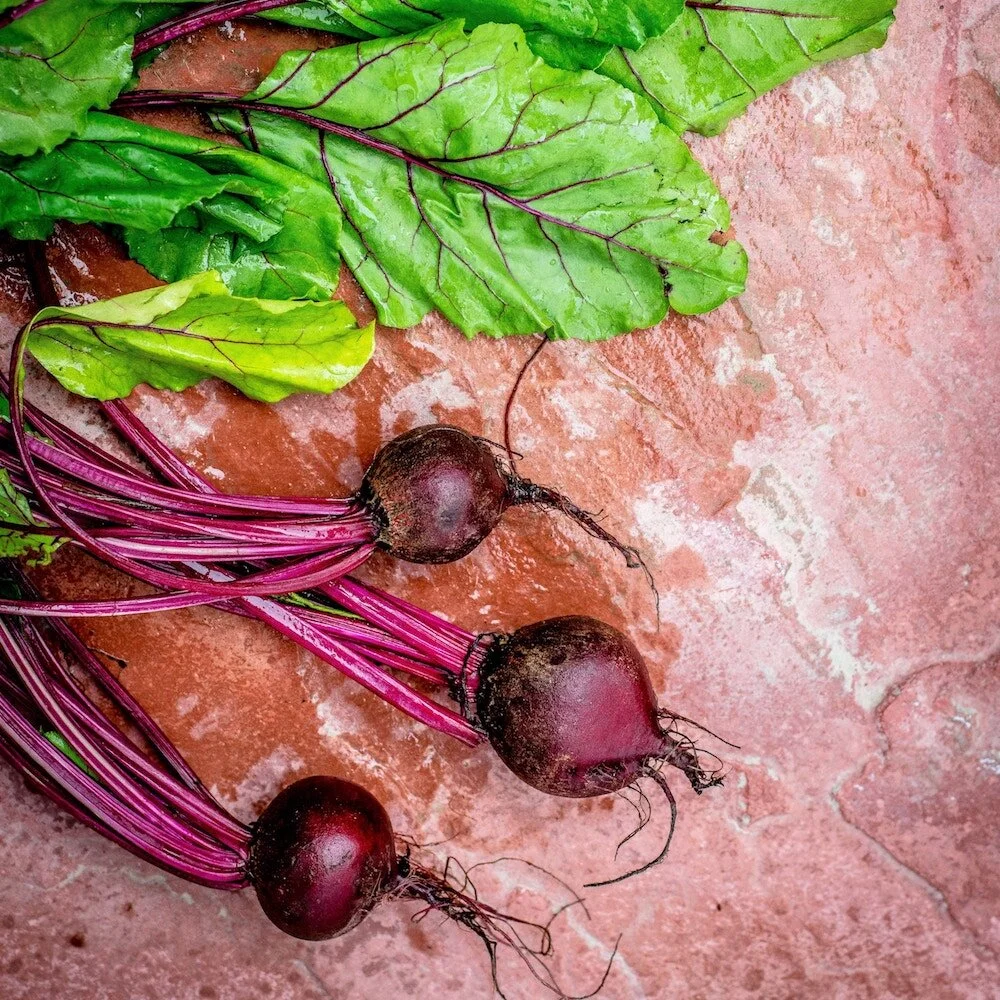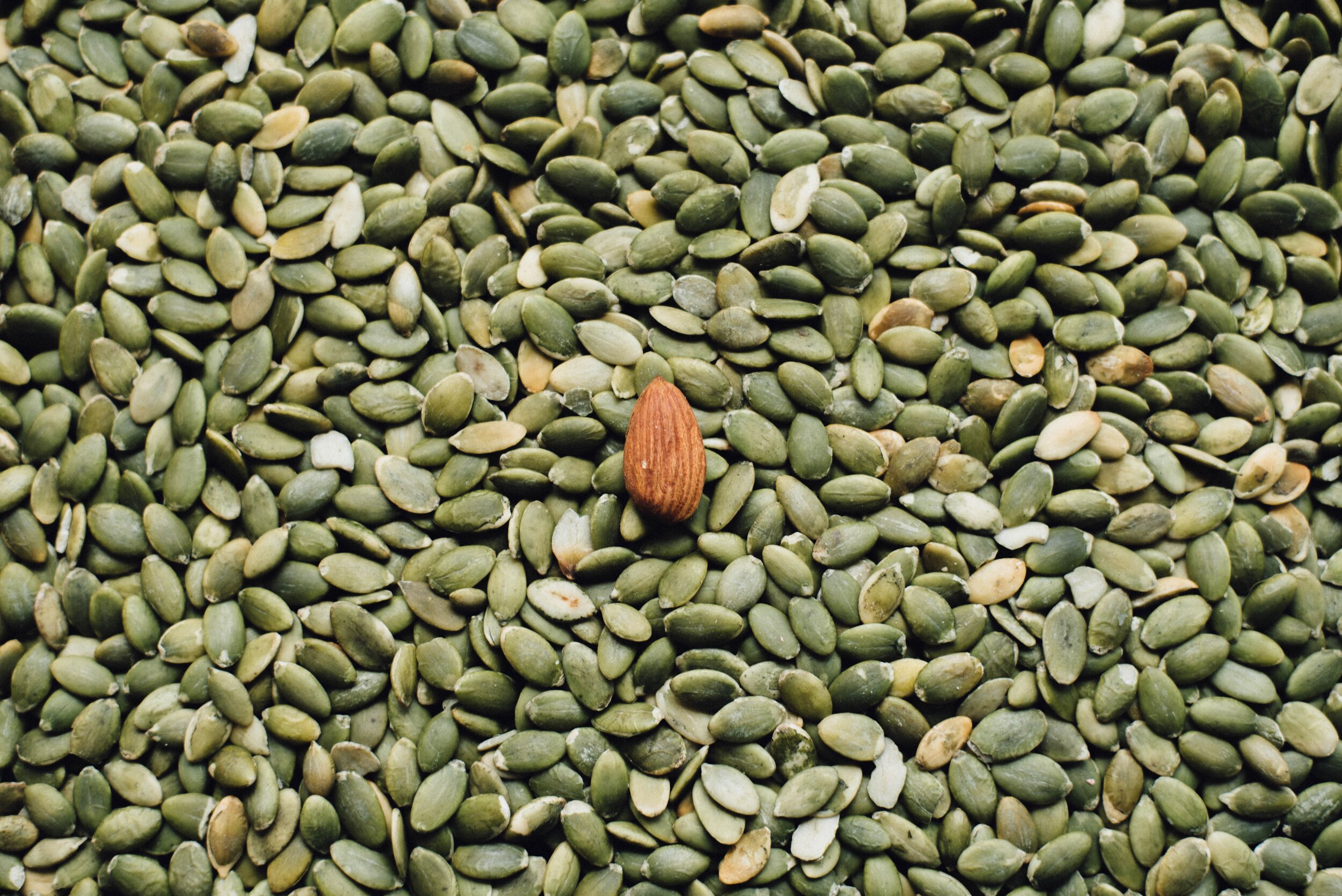Do I Need to Buy Organic Food?
Many people ask me this question, and the answer is no, you don’t NEED to buy all organic food. However, I do recommend that you prioritize organic, high quality groceries as much as possible, for optimal health. The reason is that pesticides have known health effects on the body, including effects on the skin, digestive tract, brain & nervous system, lungs, reproductive organs, and endocrine system.
The effects on the endocrine system are what I find most concerning, especially for women of reproductive age. This means that these chemical pesticides can enter the body, build up in fat tissue, and act as ‘‘endocrine disruptors’. This means that these pesticides can actually interfere with normal hormonal balance by attaching to hormonal receptors in the uterus and breast tissue and exerting a hormonal effect. For couples trying to conceive, organic foods are vital. These chemicals not only affect both parents, but can also affect the health of both egg and sperm, as well as your developing baby. So as you can see, these chemicals are not good for the body, and the switch to organic can have very real health benefits. https://www.ncbi.nlm.nih.gov/pmc/articles/PMC4947579/
I understand that it’s more expensive to buy all organic, but think about it this way: As you transition to a healthier diet with less processed and takeout foods, you’ll see that there is room in your budget for organic groceries. This is also a matter of prioritizing your grocery budget: When you see food as your medicine, you’re ultimately reducing the risk of chronic diseases, saving yourself from huge medical expenses down the road. This may mean taking a real look at your budget and decreasing other unnecessary spending, to have extra for healthier food options. I get that this will be more challenging for large families on a tight budget, but I have talked to many people with families that make this work. However, if it’s really not possible to do all organic right now, it’s better to do the best you can, and get more fruits and veggies into your diet even if they aren’t organic; this is still preferred over going for processed snacks! The main areas to start prioritizing organic are your fruits and vegetables, and any animal products. Here’s a list of tips to help you start working this into your lifestyle, as well as a list of resources for hig-quality groceries:
Fruits and vegetables:
My recommendation is to do all organic as much as possible for your fruits and vegetables. If unable to do all organic right now, then start with the following strategies:
Organic: any thin-skinned fruits and vegetables: all berries, grapes, cherries, stone fruits (plums, peaches, nectarines), tomatoes, leafy greens- lettuce (all types), spinach, kale, all other leafy greens, celery, asparagus, cucumber, peppers.
Organic: any fruit or vegetable that you’ll be eating with the peel, like pears and apples.
Avoid the ‘dirty dozen’. This is a list of the fruits and vegetables most heavily sprayed with pesticides. The list is provided each year by the Environmental Working Group (EWG) https://www.ewg.org/foodnews/dirty-dozen.php .
Foods that have a tougher outer skin (and you’re not eating the skin) are okay to do non-organic if needed. This includes melons (watermelon, cantaloupe, honeydew), squashes (butternut, spaghetti, acorn), pineapple, avocado, banana, citrus fruits. ***Be sure to rinse off the outside with a little soap and water before cutting into them though.
Animal Products
If you consume animal products, it’s especially important to purchase high-quality organic options. This is because anything the animal was exposed to throughout its life is now concentrated in it’s fat tissue; so in eating animal products, you are getting a more concentrated dose of anything the animal was exposed to, including pesticides in the food they’ve eaten. Here are some tips to get better-quality animal products:
Buy from smaller organic farms whenever possible. Research the options in your area; you will often be surprised to find some great options across the US, and many of them also offer shipping. This also supports smaller farms using more sustainable methods that are better for the environment, and independent farms are more often likely to treat their animals humanely, and allow animals to forage in a more natural environment outdoors. I would recommend calling the farm or checking out their website for more details.
Labels can be confusing. When looking at meat packaging, start with those labeled certified organic. Here are some specifics on each type of animal product:
Beef, Bison, buffalo: Look for organic (good), 100% grass-fed (better) or grass-finished (best). This means that the cow was allowed to eat a diet of mostly grass, which is their natural diet. Cows on factory farms are fed grain-based diets full of soy and corn (these crops are very concentrated with pesticides), which is not their natural diet. Grass-fed beef also has a higher concentration of omega 3 fats which are anti-inflammatory.
Pork, bacon: Organic and / or pasture-raised.
Eggs: Organic and / or pasture-raised. This means that the chickens have been able to roam in the grass and forage for insects vs. chowing down on grains.
Dairy: organic (good), grass-fed (better). Includes all dairy products- milk, yogurt, cheese, sour cream, cream cheese, etc.
Seafood: Wild, sustainably caught as much as possible.
Everything Else
Do your best here with what you can find! It’s not always possible to find everything organic, but at least try to get the best option you can, with little to no added sugar, and without too many unrecognizable ingredients on the label.
Nuts and seeds: raw (unroasted), organic
Nuts and seed butters: organic, no added sugar
Condiments- sauces/marinades, dressing, mayo, mustard, etc. Avoid options with canola oil in the ingredients as much as possible.
Beans and lentils: Best to get them in dried form vs. canned (cans are lined with BPA and similar chemicals that also disrupt hormones)
Whole grains- rice, quinoa
Healthy Grocery Shopping Resources:
Here’s a list of resources to help you find high quality groceries:
Fruits and Vegetables:
Check out Misfits Market: Subscription service for highly discounted organic produce that isn’t ‘pretty enough’ for the grocery store. This produce would otherwise be going to waste: https://www.misfitsmarket.com/
See if there’s a farm share or CSA (Community Supported Agriculture) program near you. This connects you with local farms who offer lower-cost produce, that can be picked up at their farm, or a centralized location like a farmer’s market. Some even offer delivery. Usually you get an assortment of seasonal fruits and vegetables, and it allows you to try different options than you may get at the grocery store. Here’s one way to search: https://www.localharvest.org/
Farmer’s Markets: See if there are any seasonal farmer’s markets in your area; this is a great way to support local farms and get high-quality produce.
Whole Foods, Trader Joe’s, and most co-ops have many great organic options.
Condiments: Look for options low in sugar, and without canola oil.
Online Groceries:
https://thrivemarket.com Recently added meat and fish!
Meat & Fish:
Vital Choice Seafood: Sustainably sourced wild fish https://www.vitalchoice.com/
Thrive Market: https://thrivemarket.com/c/meat-seafood
Butcher Box: My favorite source for high-quality meat and fish, https://www.butcherbox.com/
Grass-fed and pastured meats: https://grasslandbeef.com/
Eat Wild: Database of local suppliers for grass-fed products http://www.eatwild.com/index.html
Eggs:
I would recommend Vital Farms eggs, since they use humane practices: https://vitalfarms.com/
Beans, Lentils, Grains, nuts and seeds: These can be found either bagged in the regular grocery aisles, or at most co-ops in a bulk section.
In Health,





